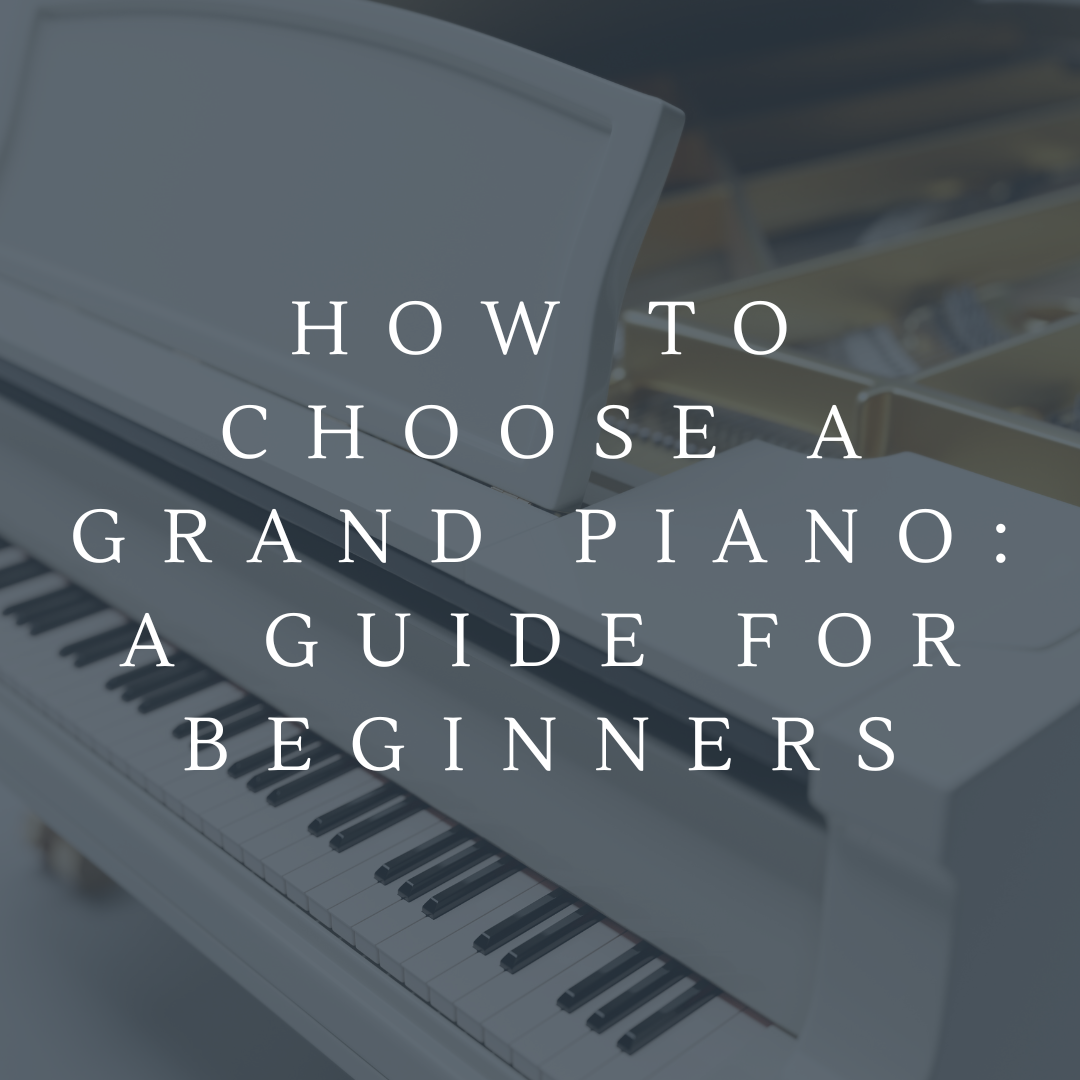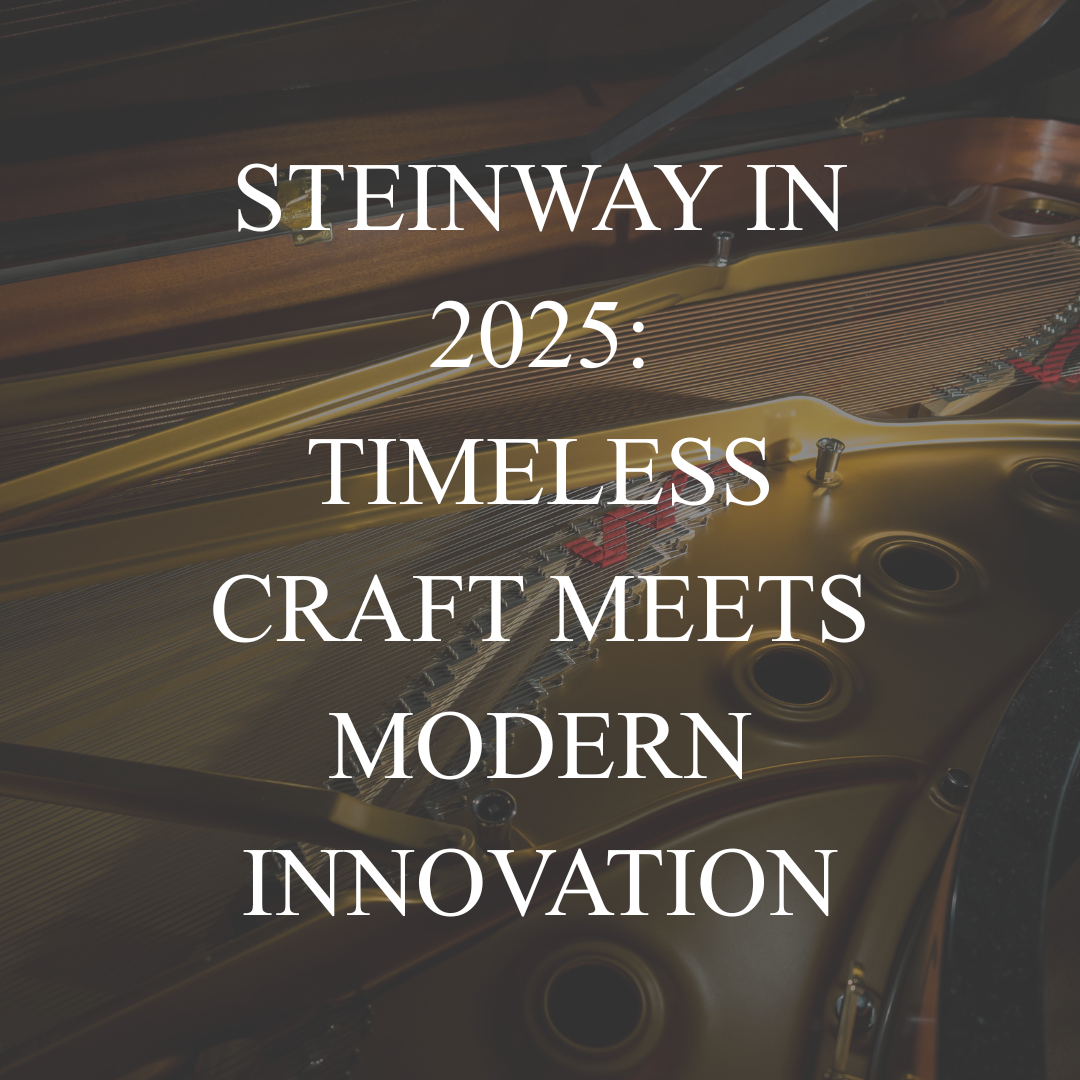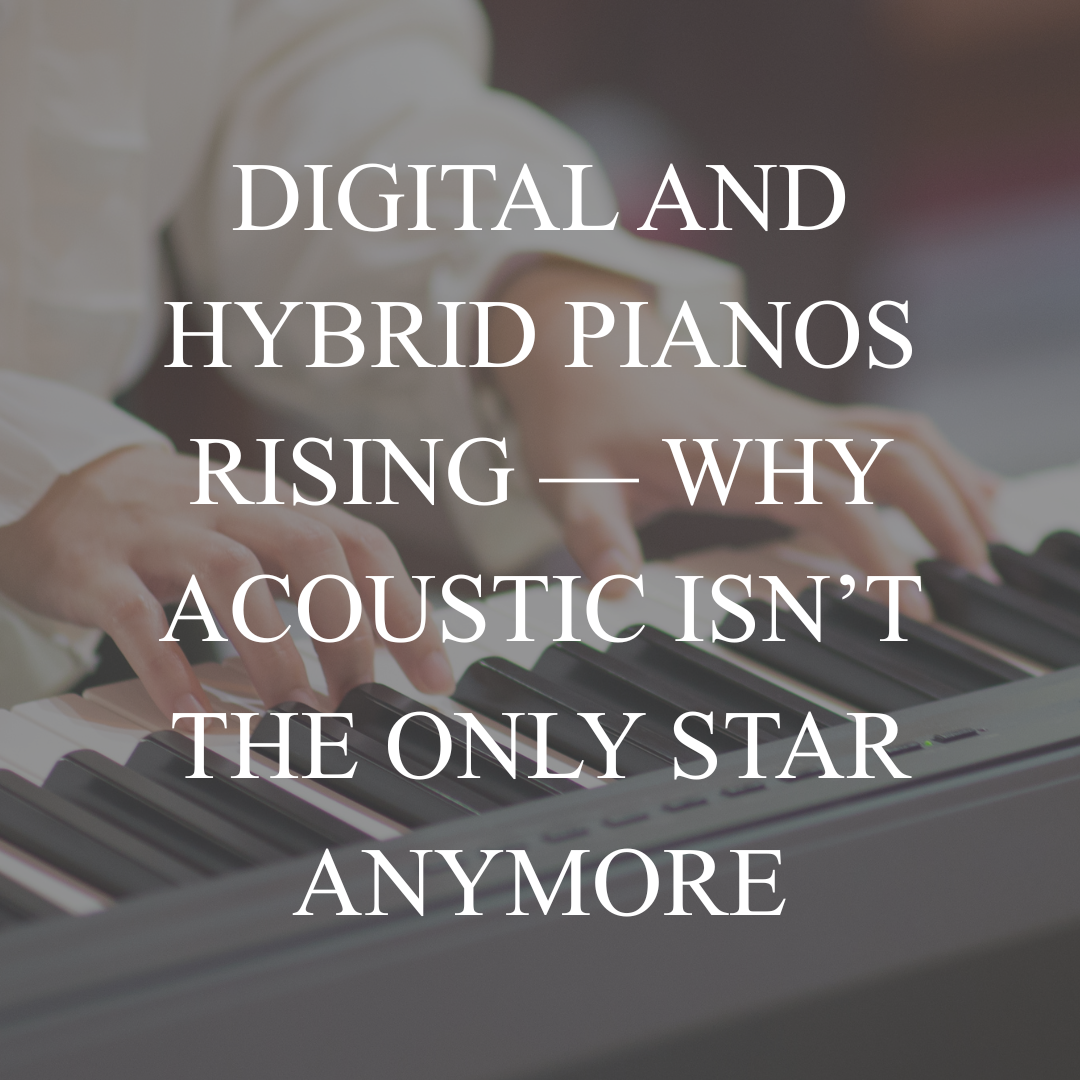
If you are thinking about buying a grand piano, you might have some questions about how to choose the best one for your needs. Grand pianos are not only beautiful instruments, but also complex and expensive ones. There are many factors to consider before making such a big investment, such as budget, performance, size, style, brand, and maintenance.
A grand piano is a type of acoustic piano that has a horizontal soundboard and strings that extend away from the keyboard. An upright piano is a type of acoustic piano that has a vertical soundboard and strings that run perpendicular to the keyboard. Grand pianos generally have a richer and more resonant sound than upright pianos, as well as more responsive and expressive keys. Grand pianos also take up more space and cost more than upright pianos.
Grand pianos come in different sizes and shapes, depending on the length of the strings and the size of the soundboard. The most common types of grand pianos are:
The price of a grand piano depends on many factors, such as the size, brand, model, condition, age, finish, and features of the instrument. Generally speaking, the larger and newer the piano, the more expensive it is. According to Piano Buyer, a guide that provides updated information on retail piano prices, the average manufacturer’s suggested retail price (MSRP) for a new grand piano in 2023 ranges from $10,225 for a Baldwin BPA1 (43") to $116,190 for an Albert Weber AW 275 (9’). However, these prices are not necessarily what you will pay at a dealer, as they may offer discounts or financing options.
If you are looking for a used or restored grand piano, you can expect to pay less than a new one, but you should also be careful about the quality and history of the instrument. A used or restored grand piano can cost anywhere from a few thousand dollars to over a hundred thousand dollars, depending on the brand, model, age, condition, and rarity of the instrument.
There are many brands that offer different features, styles, and prices to suit different preferences and needs. You can find more information about various piano brands on Piano Buyer.
Choosing a grand piano is a personal and subjective process that depends on your goals, preferences, budget, and space. However, here are some general tips to help you narrow down your options:
If you have any questions or comments about buying a grand piano, please let our expert sales team help you!
Comments will be approved before showing up.

For more than a century, Steinway & Sons has defined what it means to build a truly exceptional piano. But in 2025, the brand isn’t just honoring tradition — it’s evolving. At Northwest Pianos, we continue to see how Steinway’s balance of craftsmanship and technology keeps it ahead of the curve in a fast-changing industry.

Over the last few years, acoustic pianos have held the prestige. But the tide is shifting. More musicians, educators, and beginners are turning to digital and hybrid models for their flexibility, technological perks, and lower maintenance demands. According to industry reports, the global piano market is now incorporating “smart integration” and “compact designs” as key drivers for growth. The Business Research Company+2PR Newswire+2

In 2025, one of the most fascinating developments in piano technology is happening at the intersection of artificial intelligence, robotics, and musical expression. A research team recently introduced PANDORA, a diffusion-based policy learning framework that enables robotic hands to play piano pieces with precision and expressive nuance. The system uses language models to measure stylistic quality and musicality, blending human emotion with algorithmic accuracy. arXiv